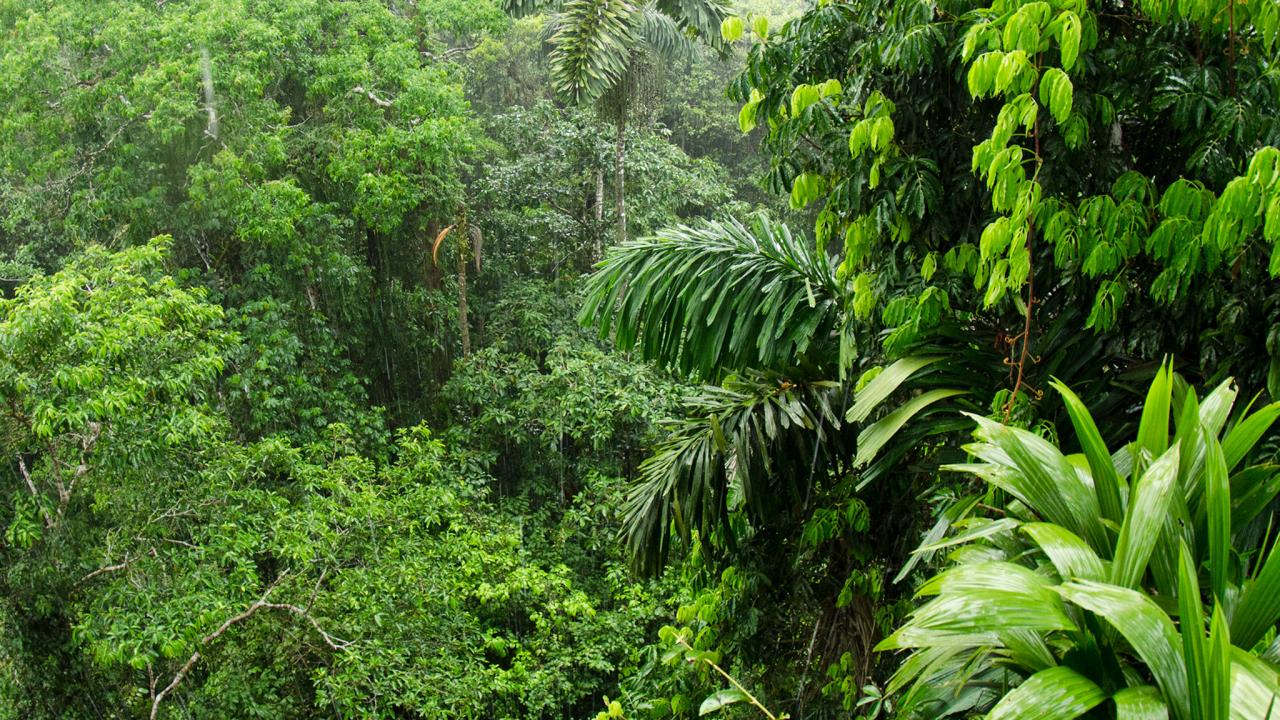Abolishing Brazil’s reserve
August 24, 2017 | Expert Insights

Brazil has announced that it will be abolishing a vast reserve in the Amazon to allow mining in the region.
Background
Brazil, in South America, is one of the world’s biggest democracies. From 2000 to 2012, the country’s average annual GDP grew at a rate of over 5%. In 2012, the economy surpassed that of the United Kingdom, temporarily making it sixth largest economy in the world.
In 2017, it was reported that it was in the midst of its worst ever recession. The growth rate is now 8% lesser than it was in December 2014. However, it still remains one of the most influential countries in the region.
The region has also been grappling with increased political instability in the recent years. This is largely due to an ongoing investigation called “Operation Car Wash” which has led to the arraignment of a number of politicians and elites.
The Amazon rainforest is a moist broadleaf forest in the Amazon biome that covers most of the Amazon basin of South America. The region includes territory belonging to nine countries. The majority of the forest is contained within Brazil. It is one of the most diverse regions that is said to have an estimated 390 billion individual trees divided into 16,000 species.
Analysis
In 2015, the Brazilian mining sector lost much of its credibility following a serious accident. A dam burst at an iron ore mine and inundated a neighboring village with water and mud. This resulted in the death of one person and many were injured. It also resulted in large-scale property damage.
In 2017, in order to revitalize the economy, the country’s mining and energy ministry proposed to lift the protections over a vast national reserve in the Amazon. This reserve had been built in 1984. The area is 46,000 sq km and is said to be rich in minerals and gold deposits. The reserve is known as National Reserve of Copper and Associates (Renca)
The ministry has said that this move would not only boost the mining sector but also bring wealth into the nation. A statement that was released after the announcement was made read, “The objective of the measure is to attract new investments, generating wealth for the country and employment and income for society, always based on the precepts of sustainability.”
The government has notified that nine regions within the reserve would remain protected. However, activists and some experts have voiced concerns over this development. They fear that the land would be severely compromised when the mining commences. The move has also been opposed by political leaders. The country’s Senator Randolfe Rodrigues said in an interview that “this was the biggest attack on the Amazon of the last 50 years"
A WWF report noted that this could lead to a gold rush and cause conflict within the region. The report notes, “If the government insisted on opening up these areas for mining without discussing environmental safeguards it will have to deal with an international outcry.”
Assessment
Our assessment is that the onus will be on the government to take every precaution to prevent another accident from taking place. The government is looking to provide enough stimulus to regurgitate the economy. However, it should also pay heed that the area’s rich natural reserves aren’t compromised else it would lead to demographic explosion, destruction of water resources, deforestation, loss of biodiversity and the creation of land conflicts. We also believe that destroying indigenous areas of the Amazon rainforest will have an irreversible impact on the atmosphere of the planet.








Comments